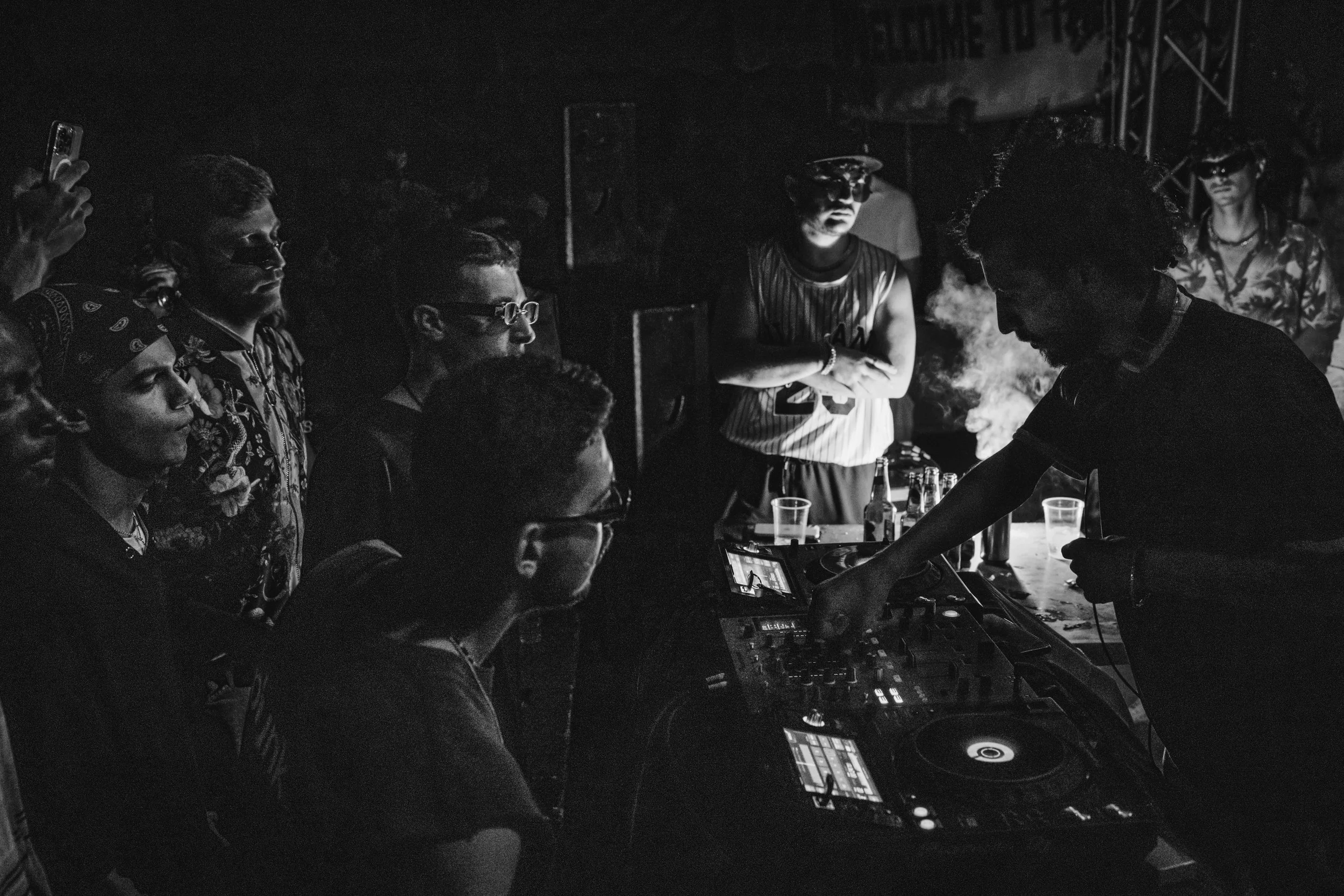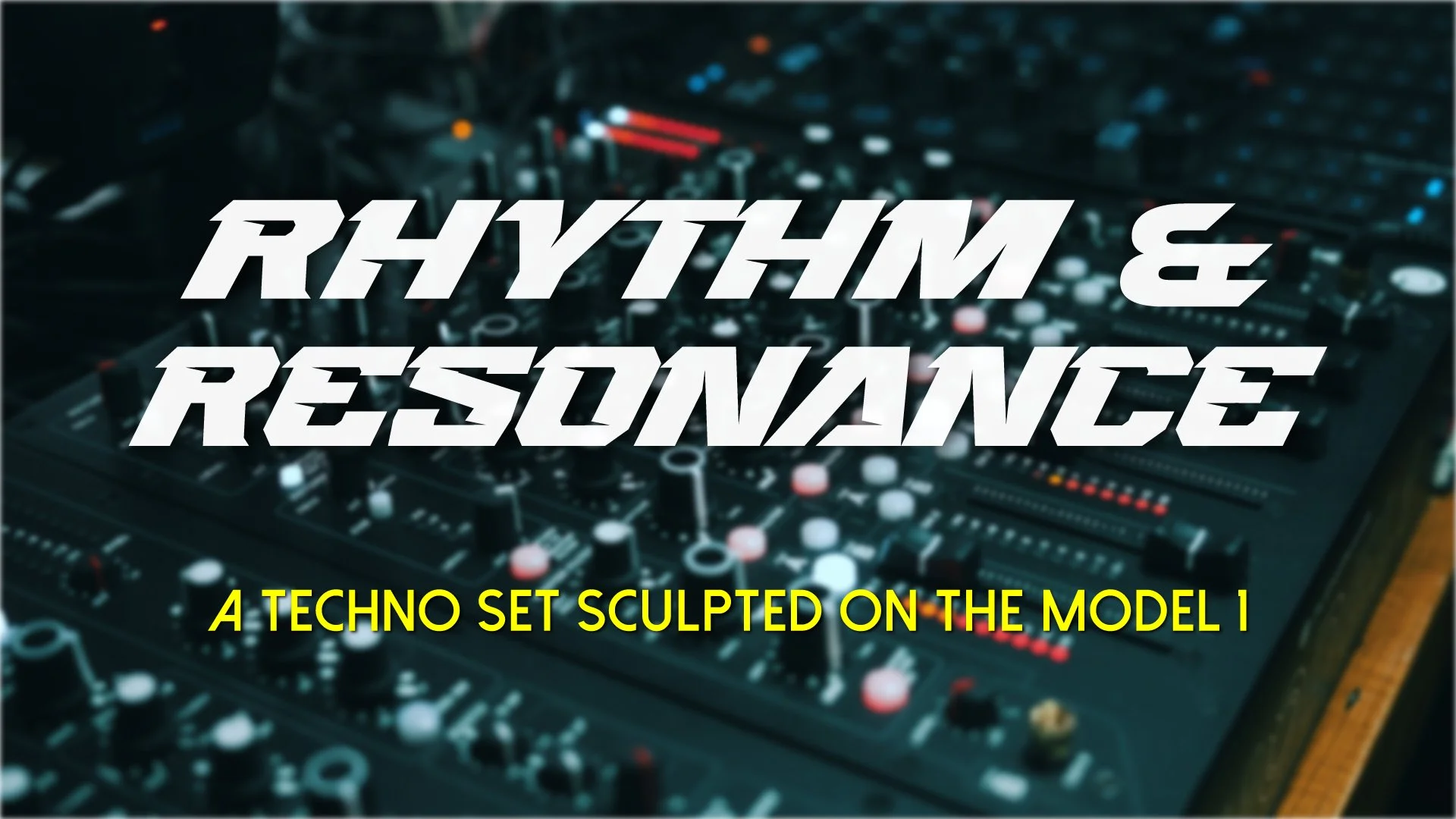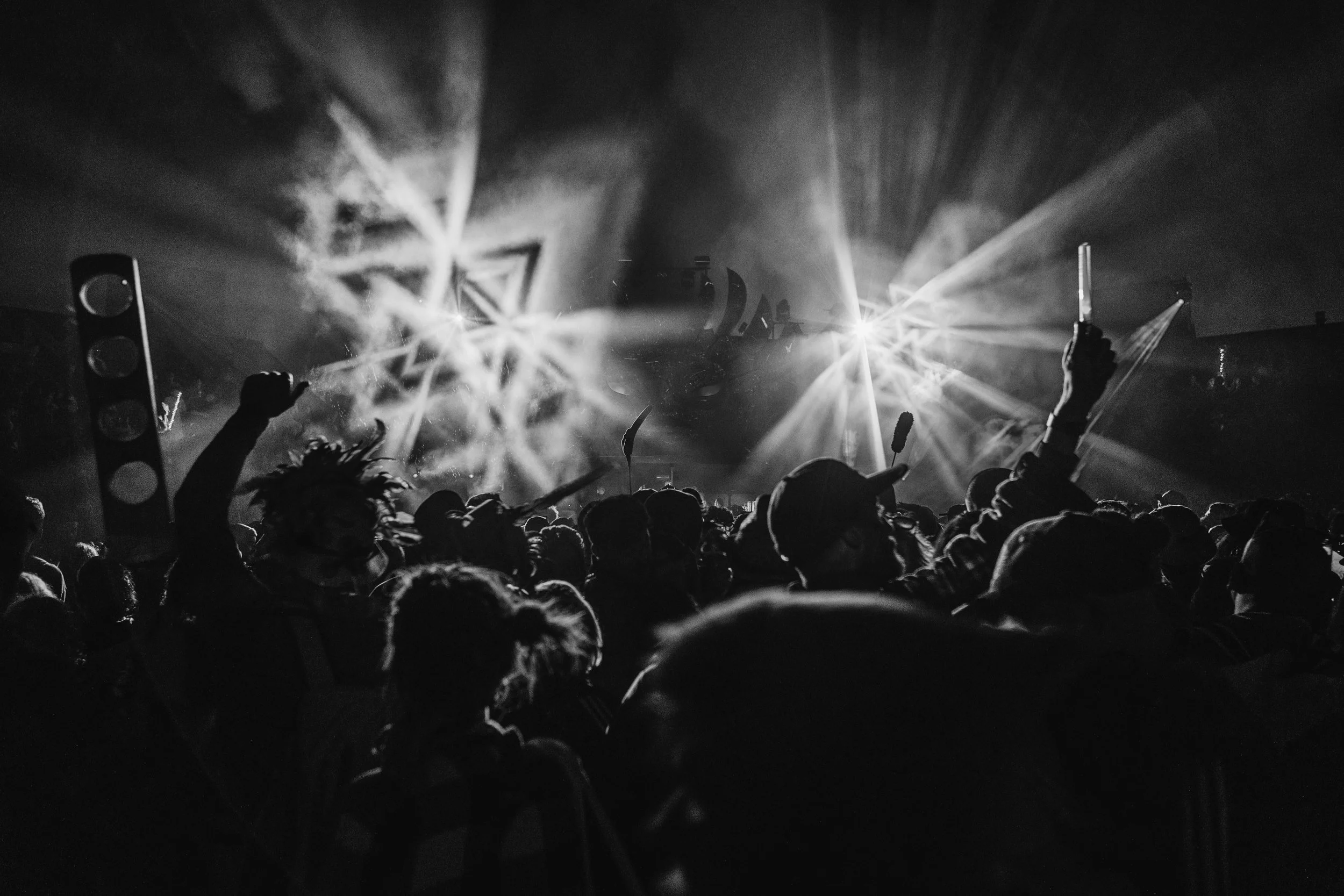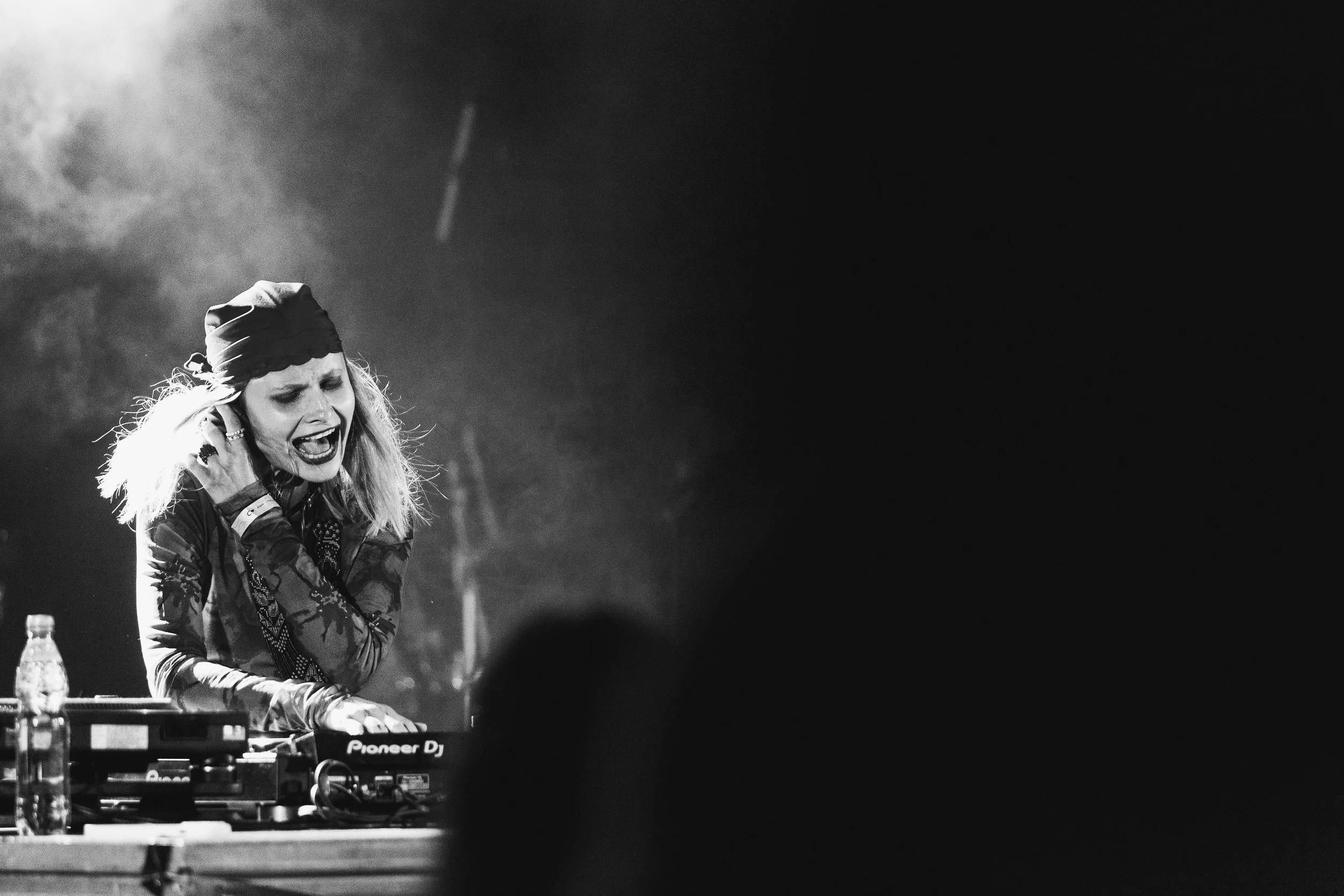DJing Is an Artform. Stop Performing Like It’s a Trend.
“I’m not your average DJ. I’m the DJ your algorithm forgot. The one who didn’t chase the spotlight—but became it.”
There was a time when DJing was a craft—an obsession rooted in sound, selection, and skill. It wasn't about how you looked behind the decks or how many likes your video got. It was about what you said through music. The energy you curated. The story you told. And most importantly, the standard you upheld.
But in today’s algorithm-fed culture of mimicry and microfame, the title of “DJ” has lost its meaning. Worse, the craft has been diluted by social performance masquerading as skill, while a new generation—raised on curated Spotify playlists and TikTok transitions—uses the term “DJ” as casually as they use filters.
Let me be clear: hybrid DJ’ing is not a shortcut. It’s a discipline. It’s an evolved form of sonic architecture—built on the foundation of traditional mixing but armed with new tools that allow deeper control, experimentation, and musical storytelling. Yet ironically, it's the very purists who scream “keep it real” that fail to recognize the vision and dexterity it takes to blend live manipulation with digital prowess.
“The title of “DJ” has lost its meaning. Worse, the craft has been diluted by social performance masquerading as skill.”
Purity Is the Enemy of Progress
There’s a certain irony to the traditionalists who scoff at anything beyond two decks and a rotary. Don’t get me wrong—I learned on vinyl. I respect the ritual. The weight. The needle drop. But dogma doesn’t equal depth.
This outdated gatekeeping assumes hybrid DJs are cheating. That syncing a beat or triggering a sample somehow replaces “real skill.” It’s a tired narrative. Hybrid sets demand a different kind of mastery—one that includes arrangement, dynamic EQ riding, live FX modulation, tempo re-structuring, and on-the-fly remixing. That’s not laziness. That’s intention.
And here's the irony—those yelling the loudest about "realness" often haven’t pushed past their own rigid formulas. Their allegiance to purity is a mask for stagnation. Tradition without evolution is just nostalgia in a loop.
Clout Over Craft: The DJ Crisis
What we’re really dealing with isn’t about format—it’s about a cultural infection. Poser culture. Try-hard aesthetics. Faux confidence. And a generation of Gen Z and Gen Alpha creatives who want the image of a DJ without earning the scars of musical curiosity, crate-digging, and time spent understanding the architecture of sound.
It’s no longer about "what you’re playing." It’s about how it looks on screen.
Track selection used to be an intimate fingerprint. Now it’s just clickbait choreography. Fake knob twists. Over-rehearsed bass drops. DJing has become a performance about the performance.
We’re watching DJing get swallowed by the hype economy—where gear becomes personality, presets replace preparation, and the hustle to be seen outweighs the need to be heard.
So we get a flood of carbon-copy sets. Track after track from the Beatport Top 10. All vibes, no roots. Fake reactions. Manufactured drops. The culture flattens into a lifeless loop of trends and templates.
When the bar is set at surface-level aesthetics and predictable drops, the culture rots from the inside. We lose the risk-takers, the boundary-pushers, the DJs who don’t play it safe—because the algorithm doesn’t reward nuance. It rewards noise.
“When the bar is set at surface-level aesthetics and predictable drops, the culture rots from the inside. ”
This Isn’t Elitism. It’s Standards.
Some will read this and call it gatekeeping. But I don’t care. This is about upholding standards. About making clear that not all DJs are created equal—and that’s okay. Every creative culture needs practitioners who pursue depth, challenge the status quo, and push the envelope forward.
Hybrid DJ’ing is my medium because it lets me break form. Merge formats. Sample the world. And manipulate sound as an extension of my body, my history, and my intent. There is no boundary between tradition and innovation—only mindset.
You can’t “fake it” when you’re in the middle of a 90-minute journey sculpted from custom loops, field recordings, polyrhythmic layers, and live re-sequencing. That’s not button pushing. That’s composition.
You Don’t Know What DJing Means—And It Shows
When the algorithm decides who gets heard, the art becomes tailored for the scroll, not the soul.
If you call yourself a DJ but don’t study music, don’t understand history, don’t reflect on culture, or don’t practice beyond social validation—you’re not in this for the craft. You’re in this for the image.
And that’s where we diverge.
I come from a place where you had to earn your voice. Where silence was survival, and sound was salvation. That’s why I don’t take this lightly. I’m not here to chase clout—I’m here to burn through the noise.
I’m not here to follow trends. I’m here to bend sound to my will. To reclaim DJing as an expressive art form. To think critically about the space I occupy as a Filipino-born, Brooklyn-bred artist using technology and tradition to carve new paths in sound.
This is not a flex. It’s a statement of purpose.
So the next time someone asks what kind of DJ I am, I’ll say this:
I’m not your average DJ.
I’m the DJ your algorithm forgot.
The one who didn’t chase the spotlight—
but became it.




